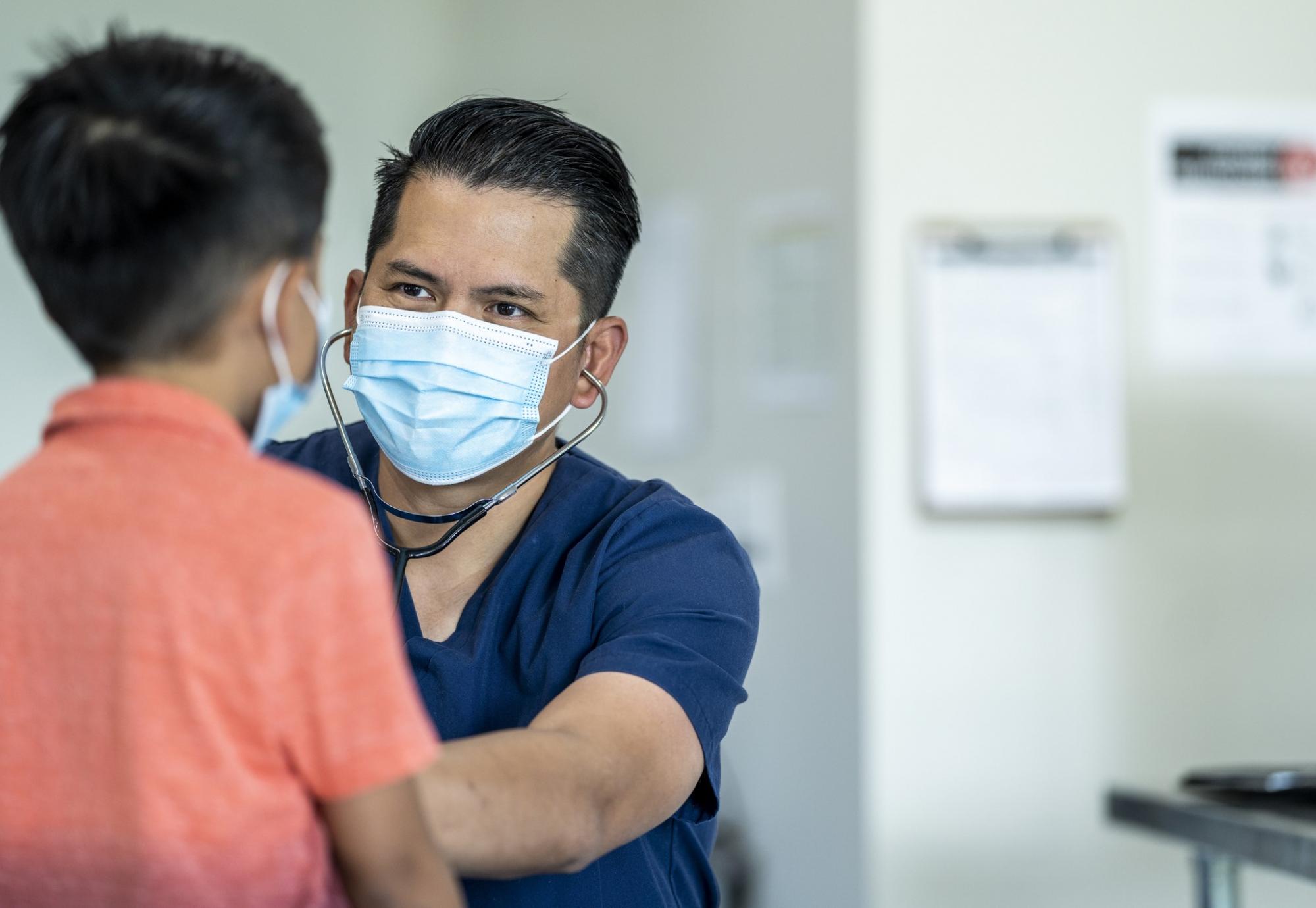The Chair of the Royal College of GPs (RCGP) has issued a clear warning that any messaging used to encourage people to follow new national lockdown measures in England cannot mirror the ‘stay at home’ or ‘protect the NHS’ slogans of the first lockdown, for fear it might once again encourage patients to avoid attending necessary GP appointments.
It is vitally important, faced with a second wave of Covid-19 infections, measures are taken to protect patients, staff and the health service’s functionality, but it does remain open to all patients requiring treatment – both for Covid and non-Covid conditions.
General practice is no different, with GP surgeries around the country open as normal during the national lockdown. Some services may be delivered differently, and there may be more rigid procedures in place to protect staff and ensure minimal unnecessary contacts between patients, but if patients are sick, they are still urged to continue accessing health services as normal.
GPs are utilising new technologies, with most general practice services being delivered remotely, by phone or video, to help manage infection control and the safety of all.
However, where necessary, face-to-face appointments continue as well – with more than 400,000 consultations still taking place in this way each day.
To assist in informing the public about this, the College has produced downloadable resources for GP practices across the UK to support GPs to get the message out to patients about general practice being open, and how they can expect care to be delivered. These have been designed to be easily shareable on practice websites, social media or any other channels.
Professor Martin Marshall, Chair of RCGP, said: ““General practice has remained open throughout the pandemic - and now we’re in a second lockdown, that isn’t changing.
“GPs have worked incredibly hard, swiftly transforming their services to continue delivering safe and accessible care to patients in the most challenging of circumstances.
“We do not want slogans such as ‘stay at home’ or ‘protect the NHS’ to deter patients from seeking medical care, if they need it. We do not want to see patients hesitant to access our services, and in doing so potentially missing out on vital care.
“Lockdown is going to be tough for people. It will potentially have an impact on their physical and mental health.
“We hope our resources help GPs get the message out to patients that general practice services are available, albeit delivered differently than usual. GPs and our teams are currently delivering more consultations than we were before the pandemic, and delivering the largest and most complicated flu vaccination programme ever - but if patients are sick, or if they have potential signs of serious illness such as cancer, they should contact their GP or NHS 111, or in an emergency call 999.”



















